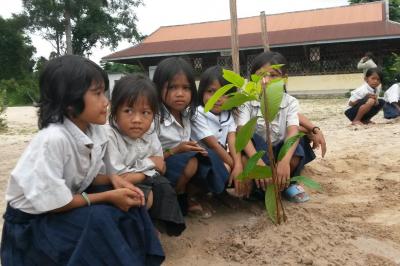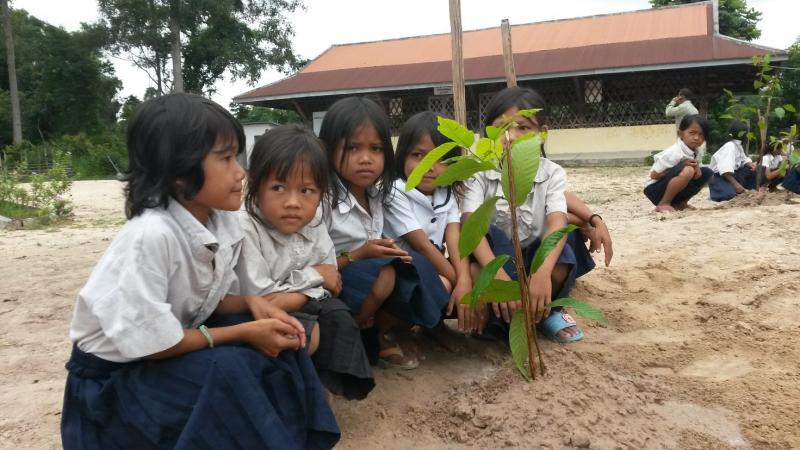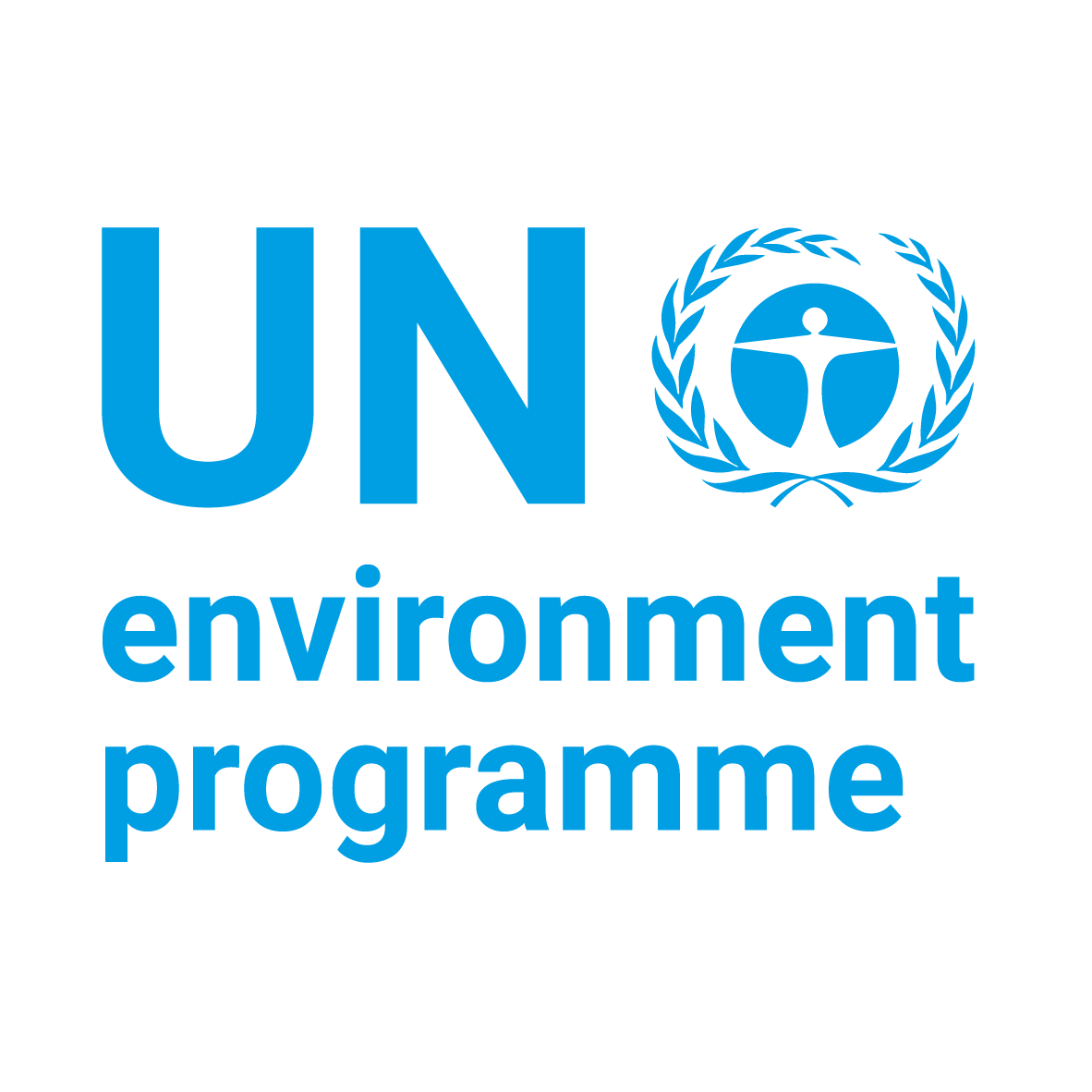 Photograph by Nicholas Tye
Photograph by Nicholas TyeThe majority of rural Cambodians are reliant on traditional livelihood practices that include subsistence-based agriculture, fishing and other livelihoods based on ecosystem goods and services. As a result of the limited socio-economic development of Cambodia’s rural areas, and the limited financial resources and technical capacity of rural communities, there are very few alternative livelihood options for these communities to adopt. A consequence of the widespread reliance on livelihoods based on ecosystem goods and services is that Cambodia’s rural population is likely to experience particularly severe negative impacts as a result of climate change. The effects of climate change in Cambodia are anticipated to include increasingly erratic rainfall, and increased frequency and severity of climate-related hazards such as droughts and floods. The negative effects of climate change have already been experienced by rural Cambodian households, for example the reduced productivity of agriculture as a result of erratic rainfall. As a result, these communities are increasingly reliant on forest ecosystems to provide supplementary food sources and income from collecting and selling non-timber forest products (NTFPs) and fuelwood. Widespread degradation of forest ecosystems, however, is reducing the efficacy of this adaptation response. The combined effects of climate change and ecosystem degradation will result in multiple negative socio-economic impacts as a result of reduced agricultural yield, complete destruction or failure of crops, and reduced generation of goods and services by degraded ecosystems, thereby undermining the ongoing efforts of the Government of Cambodia to meet national objectives for socio-economic development and poverty alleviation.
To respond to this challenge, an Adaptation Fund (AF) project was developed by UNEP and Cambodia’s Ministry of Environment entitled “Enhancing Climate Change Resilience of Rural Communities Living in Protected Areas in Cambodia” for the period 2013-2017. This project aims to enhance the climate change resilience of communities living around five community protected area (CPA) intervention sites (as well as downstream communities) through implementation of the ecosystem-based approach to adaptation (EbA). In particular, this AF-funded project promotes the EbA approach through demonstration of eco-agriculture and establishment of homegardens in participation with CPA communities. The project has prioritised the inclusion of local community members in the project’s activities, thereby creating short-term work opportunities through employment in nurseries, reforestation and establishment of home gardens. In the long term, the project’s investments will generate a diverse range of useful and commercially valuable products to be consumed or marketed by local households as a climate-resilient supplement to traditional livelihoods.
Key lessons
- The involvement of high-level government staff in project activities has ensured that the project enjoys sustained political support. For instance, the Minister of Environment inaugurated the first community-run nursery established.
- Activities which generate immediate tangible benefits for local communities early in the project (e.g. short-term work opportunities, construction of water supply infrastructure) encourage community participation and buy-in.
- EbA interventions and selection of sites should directly respond to community requests and knowledge (for example distributing sought-after fruit trees together with indigenous tree species) to promote community ownership and encourage the participation of additional households.
- It is important to include indigenous knowledge in the design and implementation of adaptation interventions. Rural communities have developed coping strategies over time, and often require only additional resources and training to convert these practices into sustainable alternative livelihood strategies.
- The involvement of experienced government staff members, who have worked with target communities for several years and have earned their trust, facilitates the implementation of adaptation interventions.
- Be aware of language barriers. Communities may often understand a concept, but are unaware of the technical language that may be used to describe it. For instance, certain local communities in the target CPAs already practice elements of conservation agriculture, but are completely unaware of the term.
- It is valuable to include local academic institutions in the research, monitoring and evaluation of project activities. In this project, at least ten MSc students will conduct research related to the adaptation interventions.








